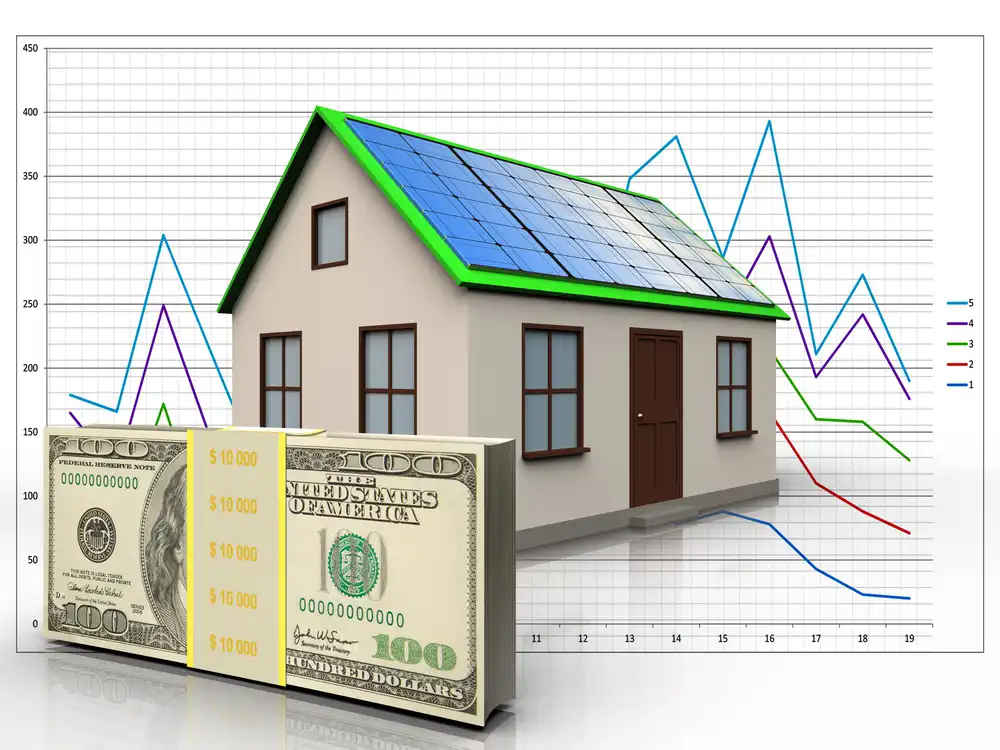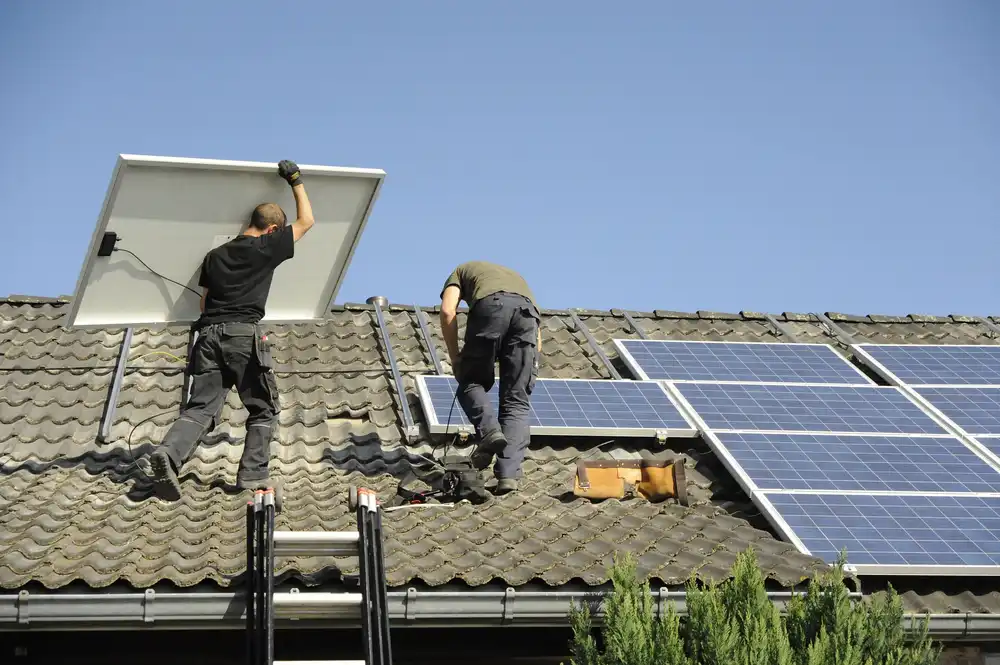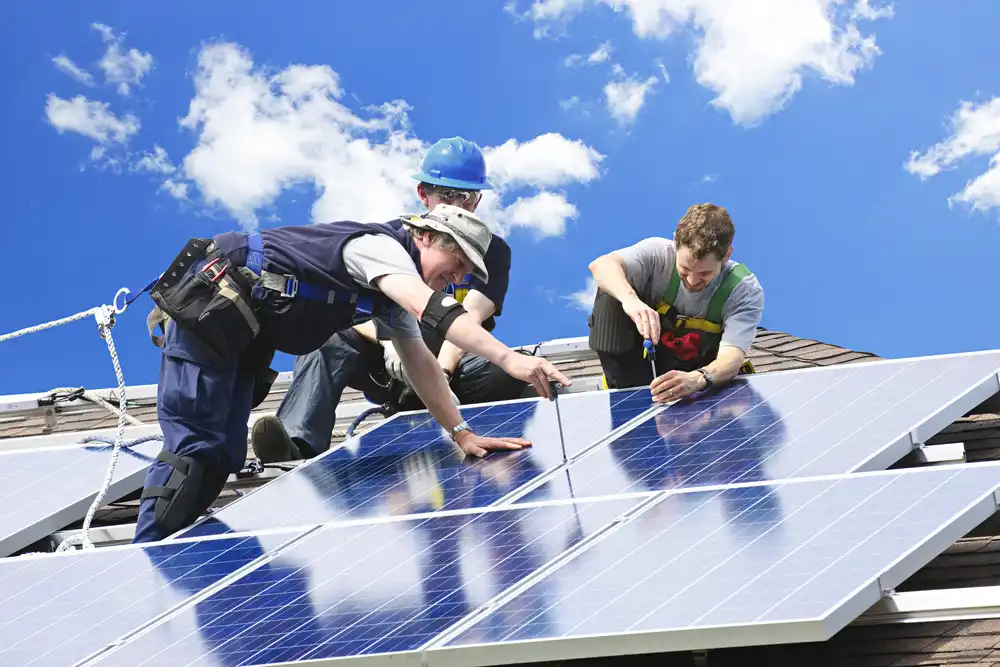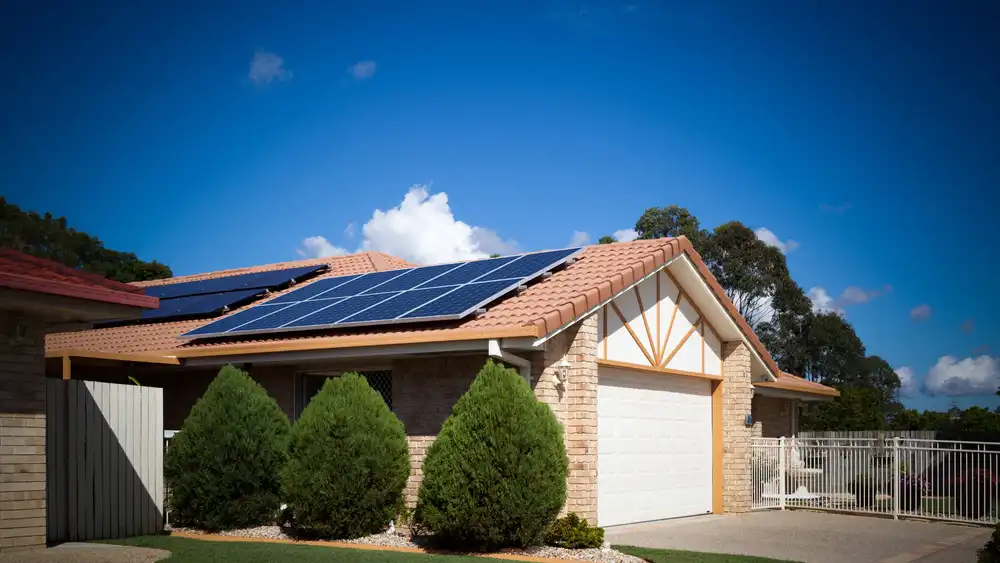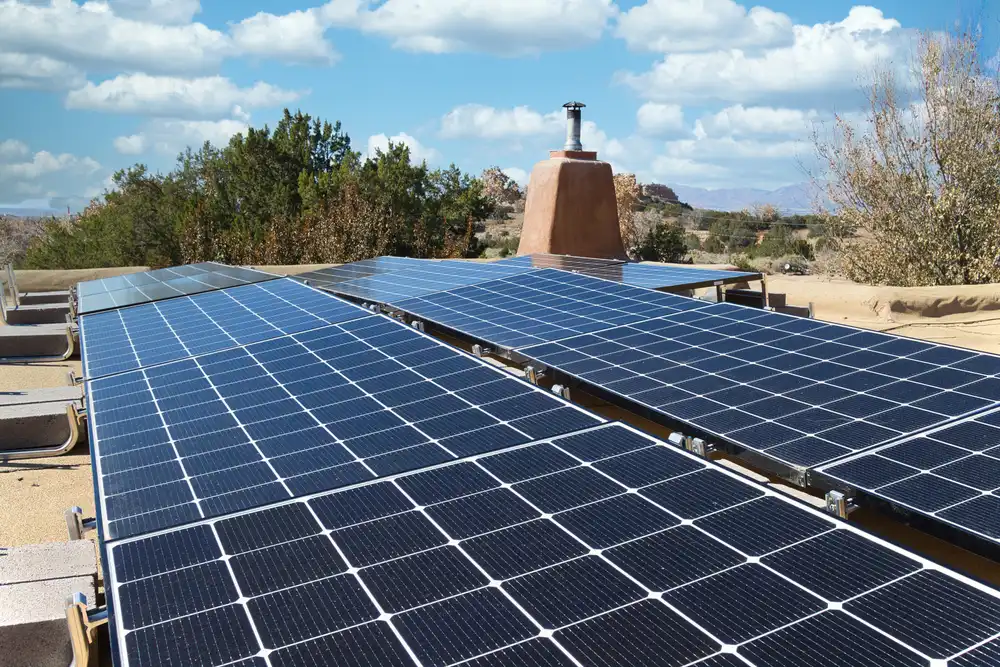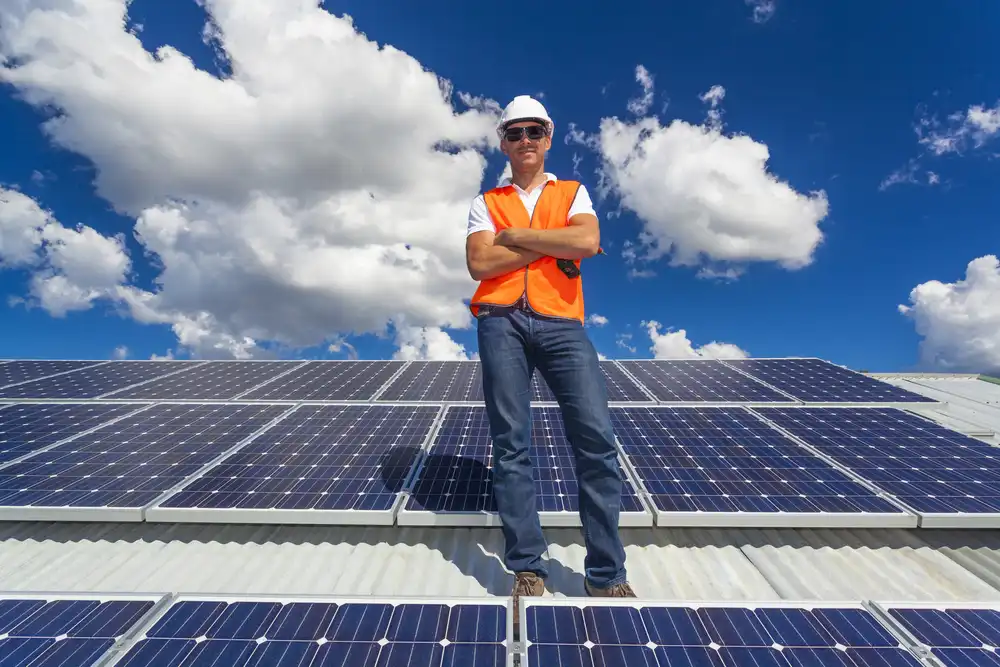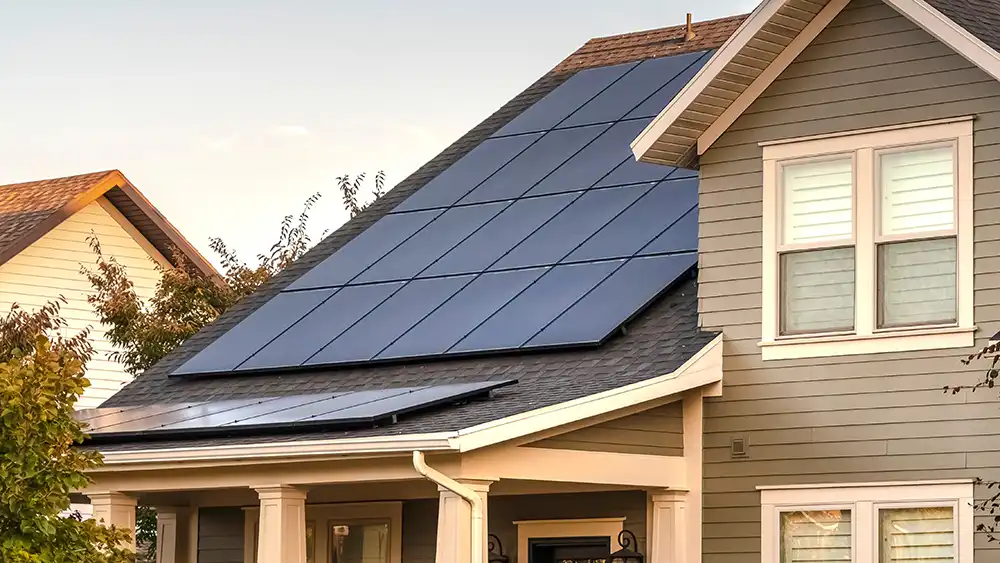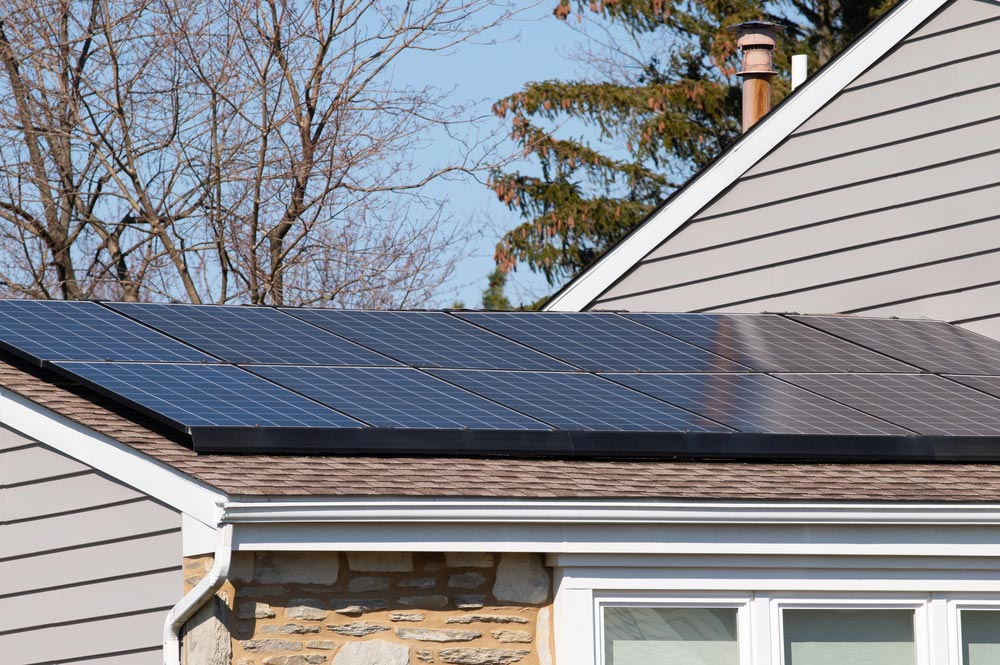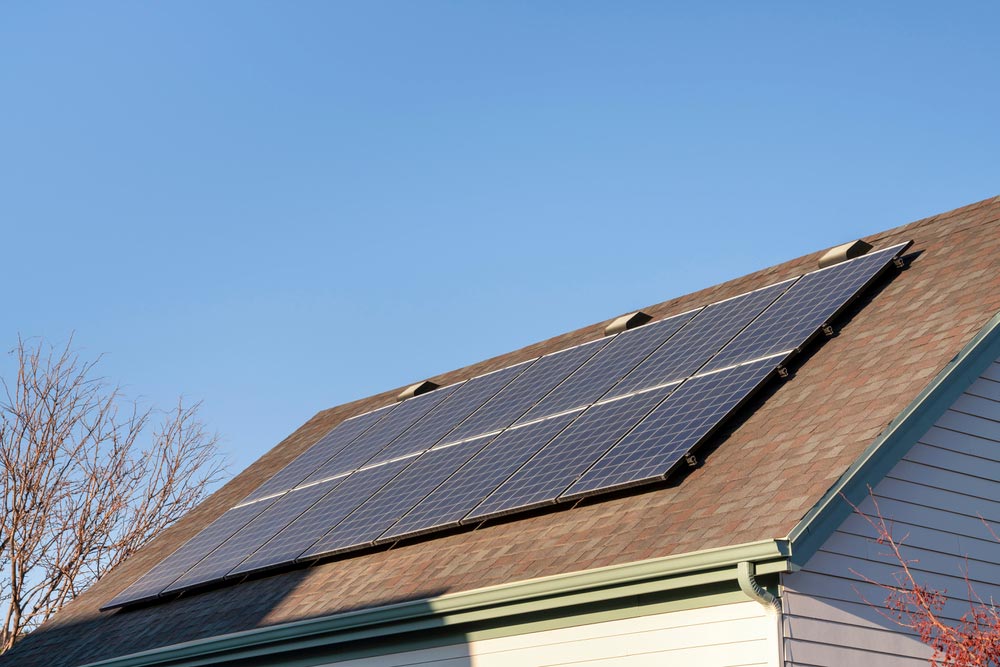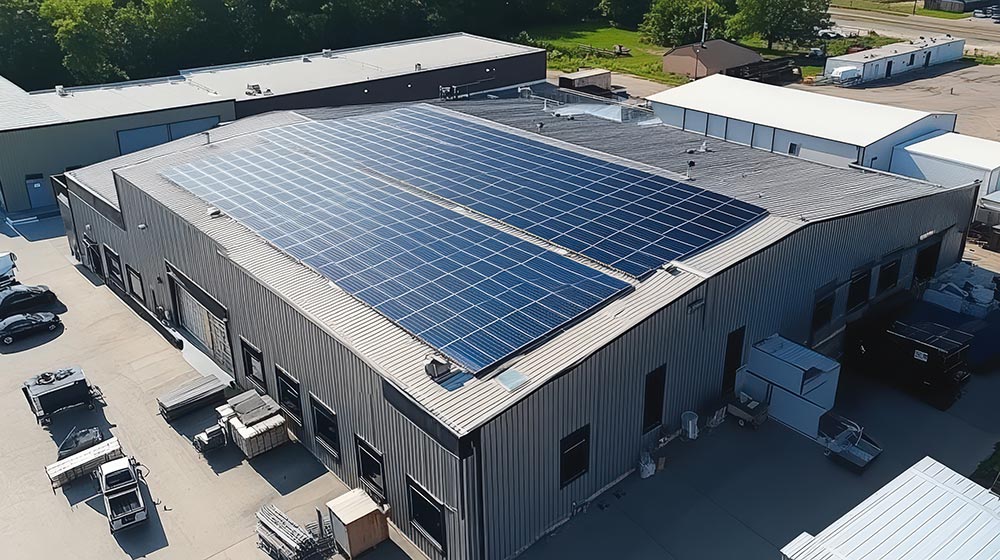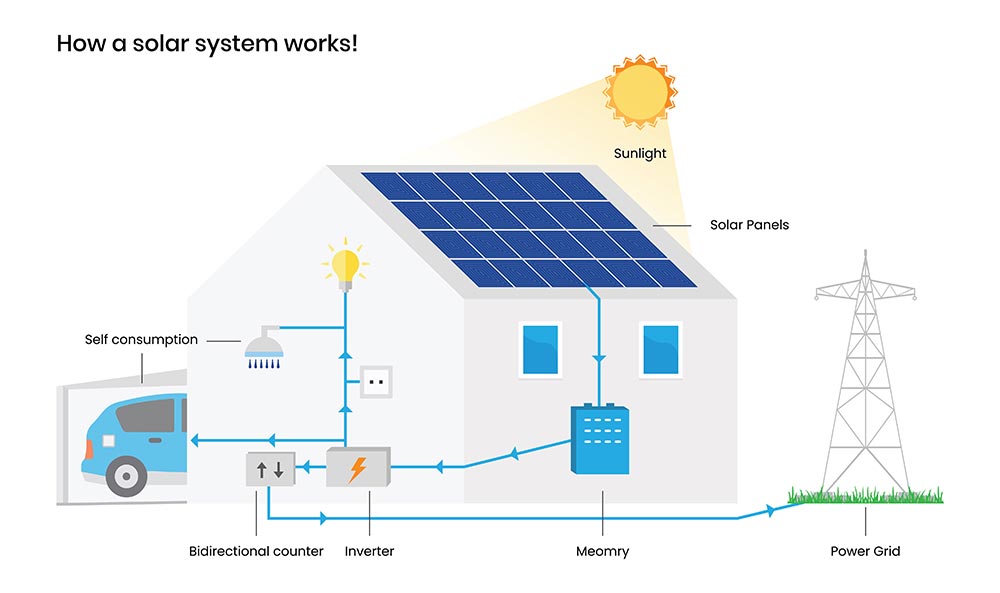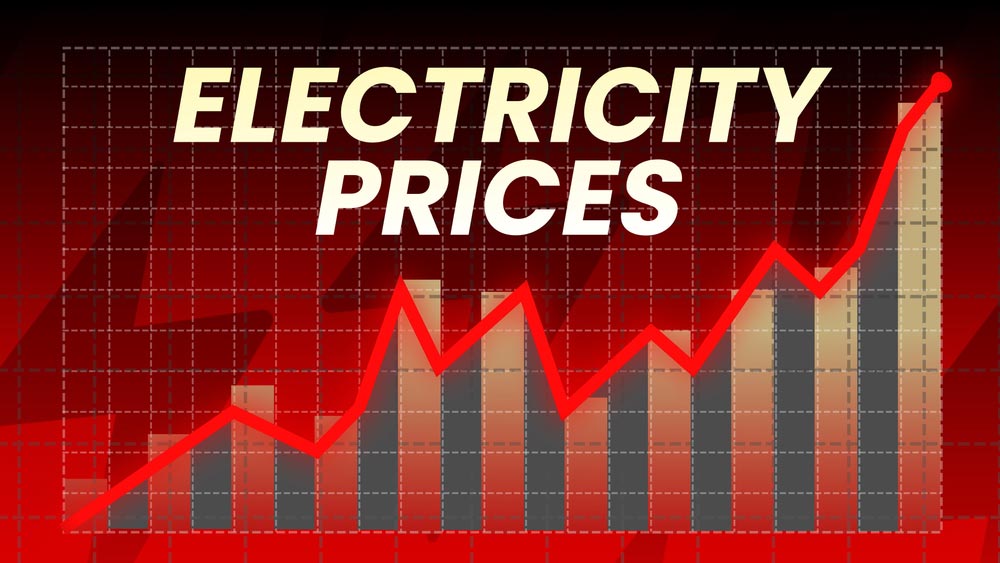Electricity rates in Texas will keep going up in 2026, with prices that will be similar to 2025. This forecast is based on certain factors that are driving those prices and which types of plans will be popular going into the new year. Because rates have gone up considerably in the last several years, you might be wondering when rates will start coming down. But I wouldn’t expect it to happen anytime soon.
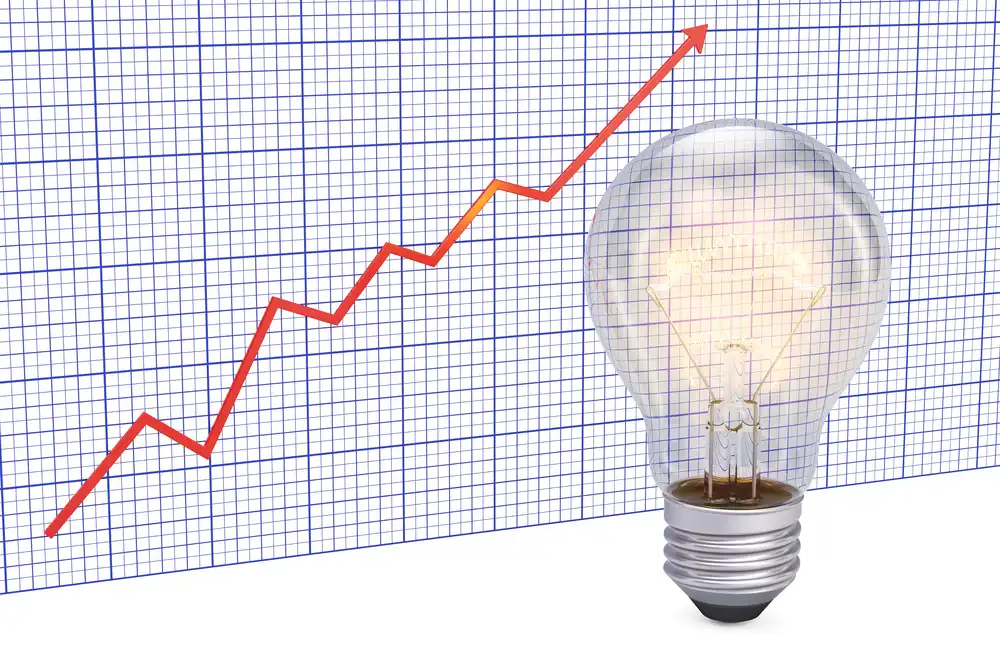
Projections for Texas Electricity Rates
In the short term, Texas will see a modest rate increase of 3-5%. In fact, electricity rates will be at levels similar to what was seen last year (with an average of 14-19 cents per kilowatt hour). Commercial rates will average 7-9 cents per kilowatt hour. Long-term contracts (24-36 months) will be more expensive than short-term contracts.
Over the long term, we know that electricity prices are up by 30% from 2020 to 2025. According to industry analysts, they will go up by another 29% in 2030. The projected rate increase is mostly due to investments and cost recovery efforts that are associated with transmission and distribution. Consumers will pay approximately $32 billion in new utility infrastructure costs through 2032.
How Texas Electricity Rates Compare to the National Average
Texas electricity rates have been consistently lower than the national average. In fact, the Texas average has been 10% lower than the national average from August 2022 to August 2025. But those rates are increasing at a faster pace than the national average rates.
Texas electricity rates have increased by 29% from 2020 to 2024, with it rising from 11.7 cents per kilowatt hour to 15.1 cents per kilowatt hour. During that same time period, the national average rate increased by 25% (from 13.5 cents per kilowatt hour in 2020 to 16.48 cents per kilowatt hour in 2024).
Factors Influencing Texas Electricity Rates
Texas electricity rates have been influenced by a number of factors. Some of them include the following:
- Natural Gas Prices — Natural gas makes up 42% of the power being produced in Texas, so it has continued to affect electricity rates in the state.
- Infrastructure Development — As Texas grows, so does the need for new transmission and distribution lines. A new Strategic Expansion Project will bring extra-high-voltage power lines to distribute electricity over longer distances with fewer line losses (at a cost of $32 billion over the next six years).
- Supply and Demand — Texas electricity demand has increased by 30% since 2020, which has been driven by an increase in artificial intelligence and data centers, cryptocurrency mining, as well as the use of hydrogen electrolysis (which is an industrial process that uses a great deal of energy).
- Weather Patterns — Texas experiences extreme heat in the summer, and it gets brief periods of extreme cold in the winter. This drives higher trading prices for electricity during these periods, which can affect the overall cost.
- Changing Generation Mix — According to EIA data, wind and solar provided almost 40% of power in the State of Texas during the first nine months of 2025. This low-cost energy generation pushed wholesale prices down, but natural gas prices push rates higher (especially when it’s in high demand).
This assessment is based on information from market data and analyses by industry professionals.
Popular Electricity Plans for 2026
Fixed-rate plans will remain the most popular in the State of Texas. They’re basic plans with fixed rates, which offer the best value for most consumers. Bill credit plans with a low rate at a specific usage level will keep being used by big businesses and retailers.
Home battery systems will become more popular as well. You would pay a low price per kilowatt hour (in addition to a monthly fee and an upfront installation fee) for a backup battery. You would get up to 24 hours of backup power at your home, but you could also spend more (depending on the size of the battery).
Retailers would also get a battery asset they can control. They would make money by charging your battery at night when the cost of electricity is lower (at no cost to you), and they would sell power back to the grid when there’s a spike in electricity rates.
If you want to save money on electricity and are looking for one of the best solar companies in Corpus Christi, be sure to reach out to Solar Power Integrator. We have a team of professionals who would be happy to speak with you!

